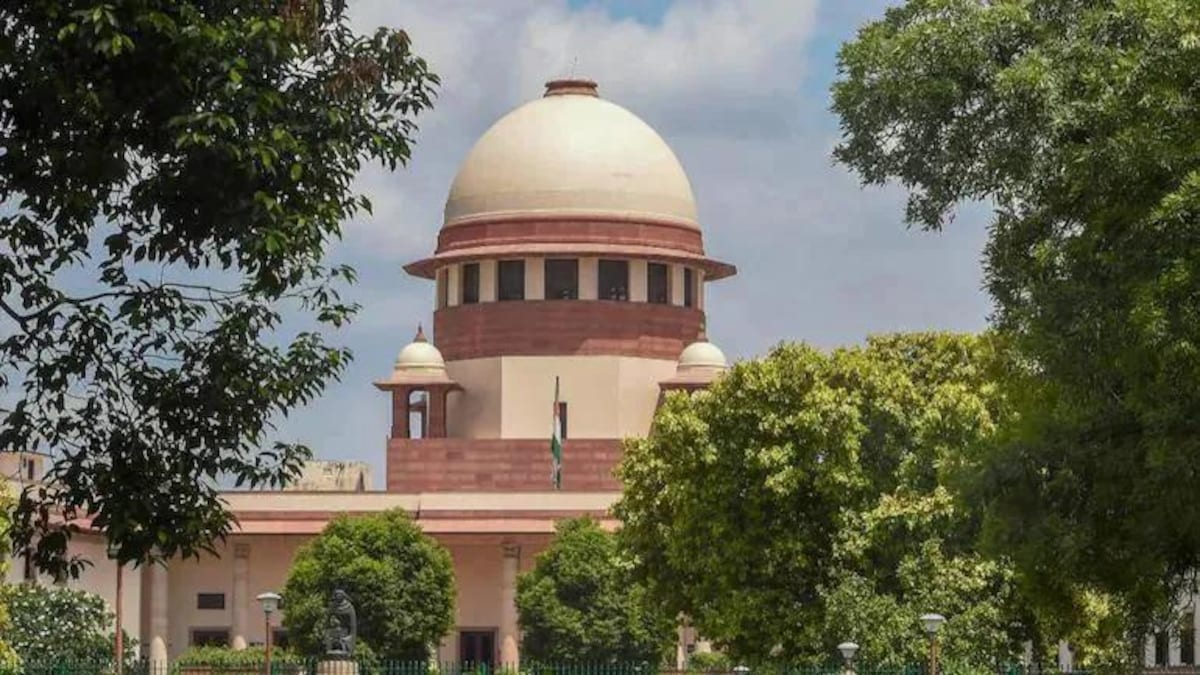The Supreme Court of India has made a landmark ruling emphasizing that pension is a right, not a tool to enforce vacant possession of government residences. The court slammed the practice of withholding retiral dues, including pension and gratuity, merely because a retired employee hasn’t vacated their government-allotted accommodation.
Key Highlights of the Judgment
Pension as a Right: The court affirmed that pension and retiral benefits are enforceable rights, not bounties.
No Nexus Between Residence and Pension: The Supreme Court drew a clear distinction between government residence (linked to service) and pension (a post-retirement right), stating the latter can’t be held hostage to the former.
Illegal to Withhold Dues: Withholding pension and gratuity due to non-vacation of government quarters was declared arbitrary and without legal basis.
Interest on Delayed Payments: The court directed payment of interest (6% per annum) on delayed retiral benefits.
No Recovery of Excess Salary Unless Fraud: Post-retirement recovery of excess salary is barred unless proven misrepresentation or fraud, citing Syed Abdul Qadir v. State of Bihar.
Implications:
Protection of Retirees’ Rights: Reinforces constitutional protection of pension rights.
Government Accountability: Highlights need for fairness in administrative actions regarding retiral benefits.
Distinct Entitlements: Clarifies government residence and pension are separate entitlements.
The ruling underscores the Supreme Court’s stance on safeguarding retirees’ rights, emphasizing pension isn’t a coercive tool for government authorities. The Supreme Court has affirmed that pension is a right, not a coercive tool, emphasizing that withholding retiral benefits like pension and gratuity over non-vacation of government quarters is arbitrary and illegal. This landmark judgment underscores the court’s commitment to protecting retirees’ rights, highlighting pension as an enforceable entitlement distinct from government accommodation.

